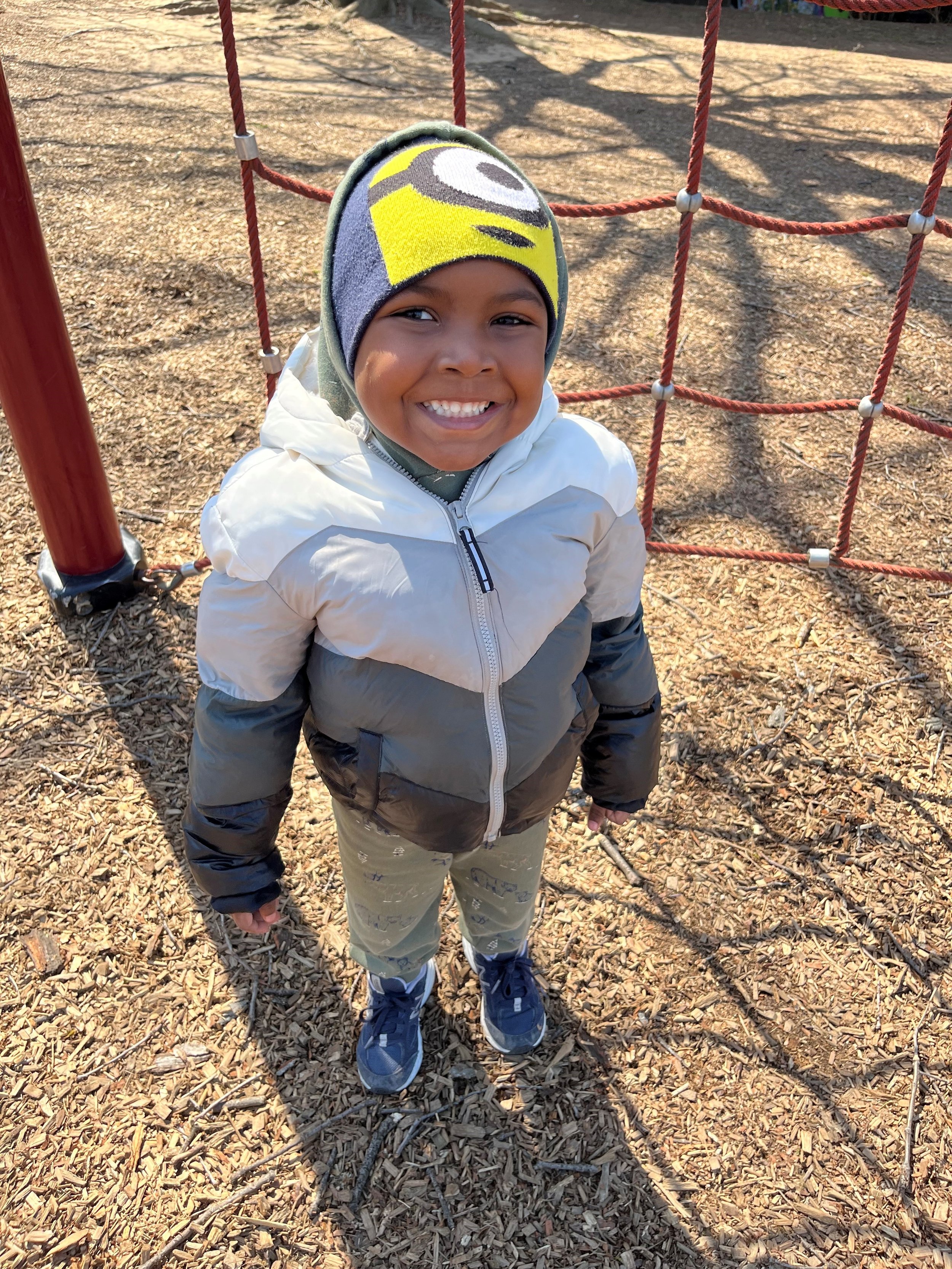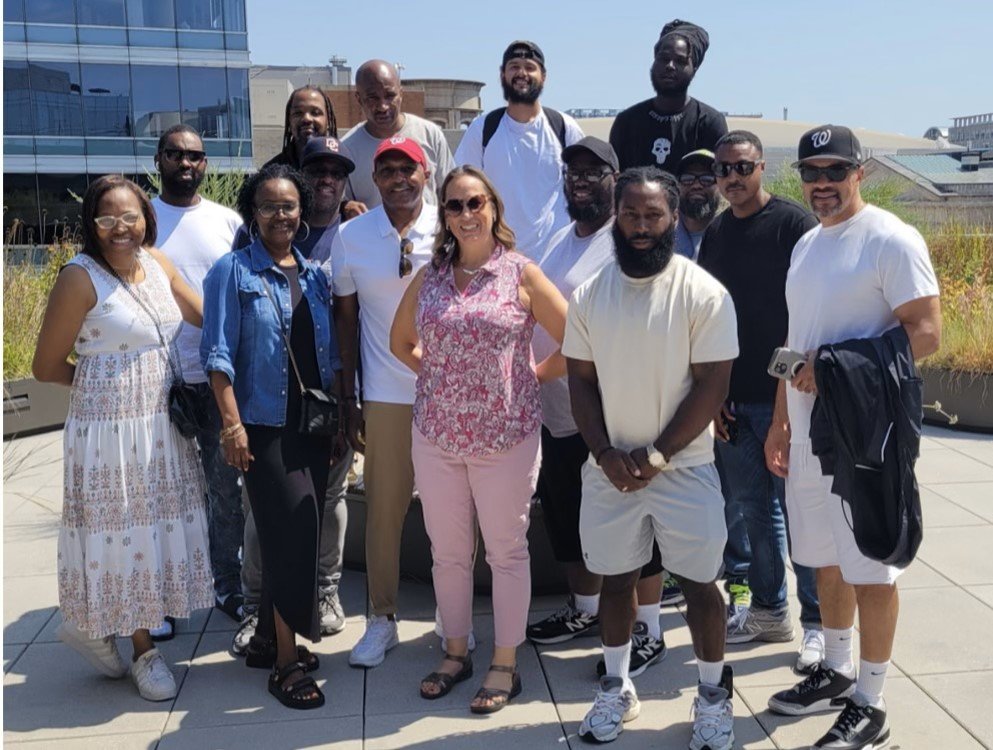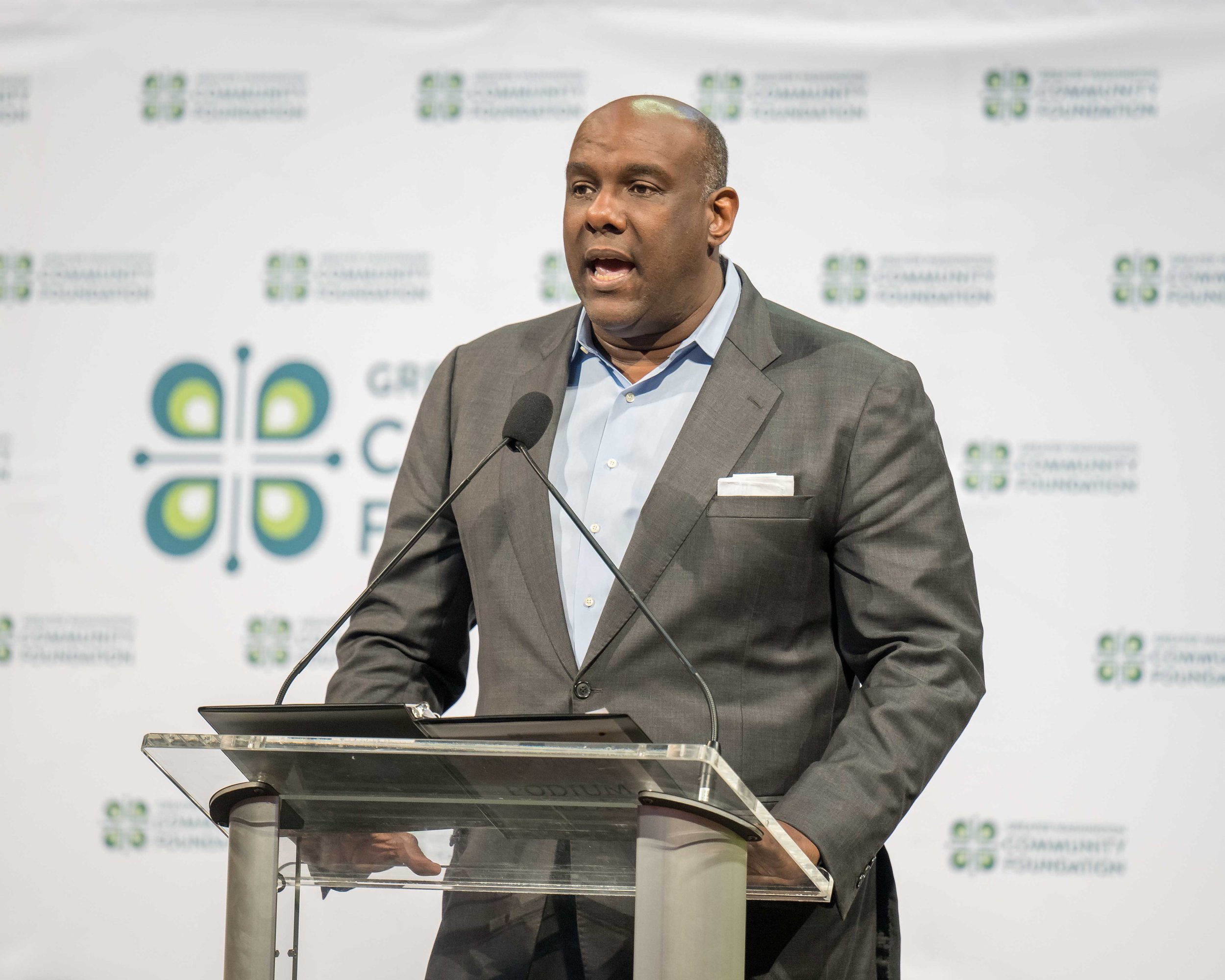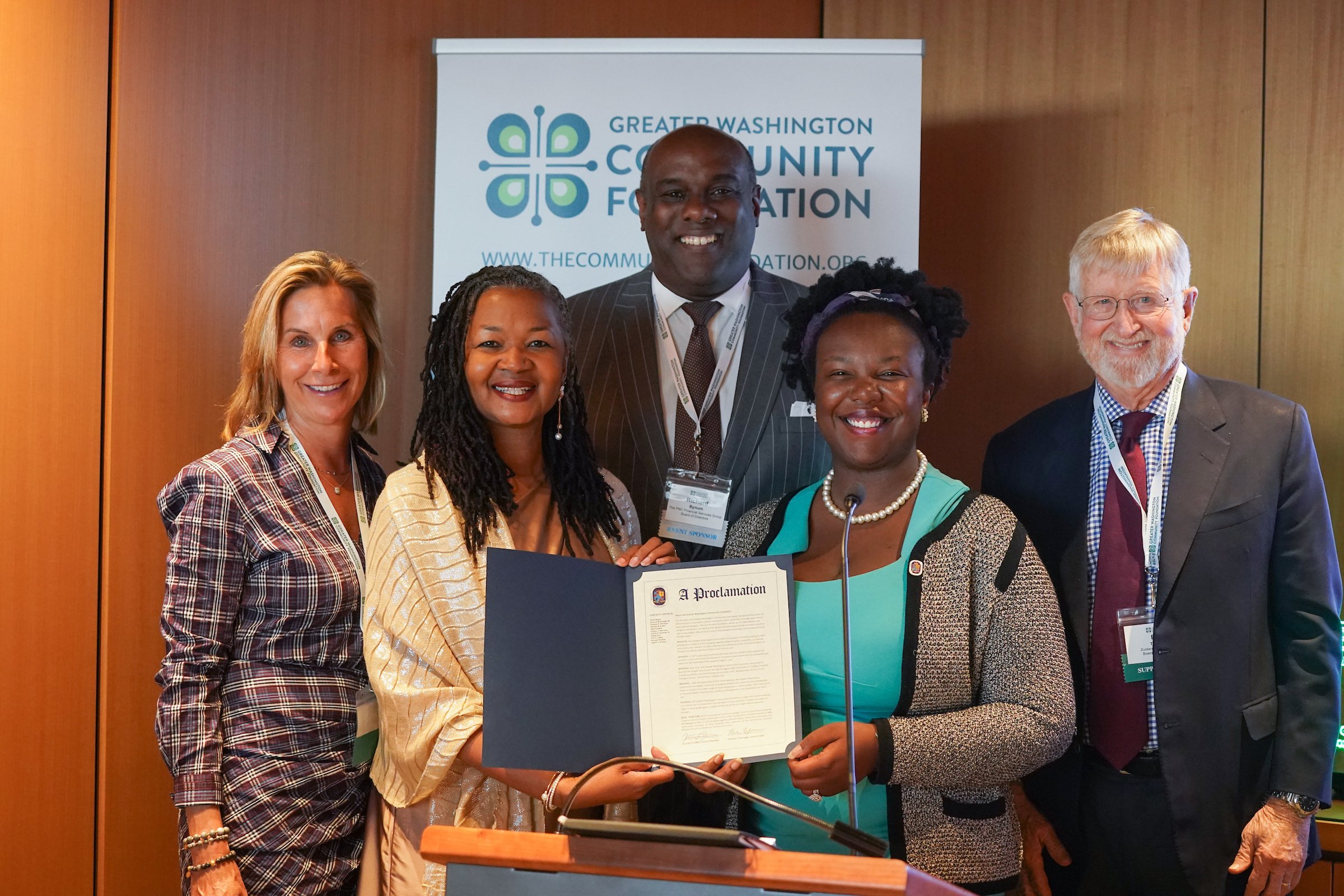Which Communities/Neighborhoods do you serve?
MSP serves approximately 500 survivors of domestic violence annually, roughly 40% women and 60% children. MSP primarily serves women and children of color experiencing low-income, with about 85% of our clients identifying as African American and 12% as Latinx. Our clients include many immigrants; we serve clients regardless of immigration status. Approximately 80% of clients live below the poverty line, earning less than $25,000 annually. Most adult clients are women in their early to mid-20s. Safe housing, financial security, and pathways to economic stability are cited as their most pressing needs. We accept clients from all zip codes of DC, though the majority come from Ward 7 (25%) , Ward 8 (36%), and Ward 5 (24%).
In 2-3 sentences, please briefly describe the mission of your organization.
My Sister’s Place (MSP) shelters, supports and empowers survivors of domestic violence and their children, while providing leadership and education to build a supportive community. As one of DC’s oldest domestic violence shelters, MSP was founded in 1979 and has been serving survivors of domestic violence in DC for 45 years. MSP is unique in offering a full continuum of care to empower survivors in gaining long-term self-sufficiency, serving families from the first days of deciding to flee their abusive homes, to long after they have established their own homes. Our programs include emergency shelter, transitional housing, workforce development, cash assistance, children's programming, and aftercare.
What excites you about receiving this funding from the Health Equity Fund? In 2-3 short sentences, please share what you hope to accomplish with this funding?
We are excited to be able to continue a deeply impactful program that directly addresses financial abuse while building economic security for survivors of domestic violence. Lack of affordable safe housing and financial instability are the main reasons survivors of domestic violence return to their abusers, with 98% of domestic violence survivors citing financial abuse, according to the WHO. RISE Trust directly addresses both by supporting our clients in transitional housing with $500/month for two years. We outline impact numbers below, but are most excited to see the direct positive impact on survivors, as reflected in our client’s own words below:
“The RISE Trust program has made me feel the safest and most comfortable I have felt in about 8 years. My experience with this program has helped me or should I say gave me the support I need to be able to take care of myself and my son! With the support I receive I am able to make healthier decisions for a more positive and successful life.
Over a two-year period, MSP hopes to accomplish:
- 30 families reporting improved health and wellbeing as represented by reporting increased access to healthcare, childcare, employment, and an overall reduction in stress.
- 30 families gaining proficiency in personal finances including developing and implementing monthly budgets, improved credit scores, and building savings.
- 30 families improving their economic stability as represented by increased income, increased employment or career readiness, and a path to permanent stable housing.
For Returning Partners - What have you learned over the past two years? Please include any brief insights or impact numbers you may have -- especially those related to economic mobility in the communities you serve.
In the one-year survey compared to the initial survey of our RISE Trust program, the percentage of clients who reported that they could not access or afford healthcare dropped from 31% to 6%. Similarly, the percentage of clients who said they could not access or afford childcare dropped by 25%. Clients were also twice as likely to report that they had a trusted person to ask for advice on their finances. The majority of funds were used on basic needs (19%), utilities and bills (24%), and transportation (13%).
Qualitative impact has also been measured in case management meetings and notes. Some clients made investments in their transportation in the form of car repairs, paying for tickets, insurance, and even making advance payments and paying off their vehicles. Other clients have been able to make payments towards their credit card debt, or debt with the IRS. Still others have been able to provide extra-curricular activities or thoroughly celebrate momentous occasions for their children, impacting family engagement, moral and mental health. RISE Trust payments have also been beneficial to clients who are students but not currently employed. Lastly, some have saved a portion of their funds in preparation for transitioning out of RISE, when they will have to make their own rental payments. Overall, participants reported an overall sense of relief and reduction in stress.
One of the biggest lessons we learned through the first 18 months of the project was the value of financial education for clients who opted to participate, and the need to make those services as accessible as possible. MSP added a partnership with CFLS to help us expand Financial Literacy education options for clients, in addition to our partnership with CAAB. Moreover, we began to build out an in-house program, and recently hired our own Financial Education Specialist so that we can provide financial literacy in-house and to more clients. The position will partner closely with our current Workforce Development Manager, who launched our Workforce Development program in November 2023. We have seen a drastic increase in client participation around career readiness, employment training, and education goals through having a staff member in-house to follow-up with clients, provide 1:1 case management, and have continuity of care around workforce development. We are optimistic for a similar increase in engagement with an in-house Financial Education Specialist.
What excites you about the future for your community?
We are excited to see Guaranteed Income pilots becoming more common, and for the precedent HEF is setting by continuing to fund programs like RISE Trust. Continued support sends a signal to other funders and the public that these programs are worth investing in. For domestic violence survivors in particular, economic security is essential to escaping abuse, and we are hopeful that with the example set by RISE Trust and other programs, cash assistance programs will become more common as wrap-around services to support survivors.



















































































































